Online learning is becoming increasingly popular, and it’s easy to see why. Many factors, such as technological advancements and an increase in the number of working professionals seeking career advancement through education, have all combined to make online learning a viable and more desirable option for students.
Higher education institutions are investing more and more resources into properly supporting and scaling their online learning environments. That’s a wise decision. All relevant forecasts suggest that online learning will only continue to rise in subsequent years, and higher education institutions would do well to invest in their online learning methodologies, processes, and partners.
However, every opportunity presents new challenges. Many higher education institutions have turned to new avenues to help properly support their faculty and instructors in managing larger online learning environments. Instructional Connections’ Academic Coaches are one such method. These dedicated and highly qualified instructional support staff offer unique benefits to the institutions, their faculty members, and the students within the online courses and programs. Read on to learn how our Academic Coaches help higher education institutions maximize their faculty and provide the best possible classroom experiences and outcomes.
Problems Institutions of Higher Education Face
Larger Class Sizes
A larger class size is certainly a good problem, but can pose a problem nonetheless. Larger class sizes come with a broader assortment of tasks and responsibilities for the faculty member. This is true whether in person or online.
However, online courses can typically allow more students to enroll than traditional in-person classes with physical space limitations. A typical in-person classroom setting might be confined to only 20-50 students, while an online course could accommodate up to 100-200 students. As a result of these larger class sizes, faculty members might find themselves overwhelmed and struggling to keep up with the rigorous demands associated with supporting and managing the increase in student enrollment.
Decrease In Quality
Rushing to enroll students in online learning can come with challenges. The more students there are in a course, the harder it can be for the faculty members to meet their needs adequately. The volume of emails, messages, and grading necessary increases with every student, and many faculty members cannot run the course the way they would if they had fewer students. The result is that the course might become more streamlined, auto-graded and simplistic. This makes the class more straightforward to manage but can lessen the quality of the class if it is not done with intention and in alignment with the best practices to assess each student’s learning properly.
Delays
Virtual communication is critical to online learning. Digital forms of communication help give students answers, impart feedback, and keep classes abreast of deadlines. However, while digital communication makes many an online learning course, it can quickly become overwhelming for the faculty member.
An online learning course instructor could receive dozens and dozens of emails from students. Keeping up with that volume of work in and of itself can be a daunting task. It quickly becomes too much for many faculty members as they also are trying to grade, plan coursework, attend continuing education, and teach while having some semblance of a personal life. This usually results in delays in responses, which can hurt student outcomes and leave students feeling disenfranchised. A question left unanswered about course material can leave a student discouraged and disgruntled.
This becomes especially problematic when leading an online learning course with non-traditional students (working professionals). These students are much more likely to send emails/questions late at night or over the weekend, which is usually when faculty members are trying to catch up on grading and make time for their family life. Understandably, instructors may be less likely respond to email questions in a timely manner over the weekend. Still, it’s understandable that students might be frustrated if it takes a few days to answer a simple question. Even more so, if the student is unable to get an answer regarding an assignment before that assignment is due.
How Our Academic Coaches Can Help
Saving Time
Our Academic Coaches are an additional asset for the faculty member to provide some instructional support, which multiplies their effectiveness as a course leader and faculty of record. When pressed about their challenges, course instructors are likely to put lack of bandwidth as a critical challenge. When an Instructional Connections Academic Coach works under the direction of the faculty, the Academic Coach can assist with some forms of correspondence with students, grade assignments per the faculty rubrics and inter-rater reliability, and aid with some of the more tedious and time-consuming course tasks. This frees the instructor to focus on being more strategic with their course, ensuring academic integrity, increasing student satisfaction, improving student outcomes, and making the class more enjoyable for all parties involved.
Increasing Quality
With this amount of time back, instructors can focus on improving the quality of the course. What was the average score on the last test? How does that compare to past tests? What areas are students struggling to comprehend? Do I need to work directly with the identified at-risk students and/or need a referral to other university resources? With additional time, instructors can focus on higher-level concepts to improve student outcomes.
Providing Quicker Responses and Grading
An online course can go by in the blink of an eye, especially if it is not a traditional semester, 15-16 week course, but an accelerated course (5 to 9 weeks long). Delays in providing instruction support or grading assignments an additional week or two can significantly impact student outcomes. Many higher education online courses will have one or more assignments and graded discussion threads due each week. Failure to provide feedback promptly might result in students making the same mistakes on consecutive assignments. Instructional Connections Academic Coaches provide additional instructional support to ensure that grading and substantive feedback are given in a timely manner as assigned using inter-rater reliability activities prescribed by the faculty, resulting in a more streamlined and effective course.
Partner with Instructional Connections
Are you an institution of higher education looking to support your faculty within their online courses? Our Academic Coaches are perfect for supporting your instructors and improving student outcomes and experience.
Our Academic Coaches are:
- Industry Professionals with graduate degrees in their area of expertise/subject matter area.
- Fully Vetted and Contracted by Instructional Connections
- Approved by the university and programs for which they are assigned with the online courses.
- Strategic partners to our institution’s leadership and their faculty members.
Interested in learning how our Academic Coaches can help your institution better student outcomes? Contact Instructional Connections today to learn more!


